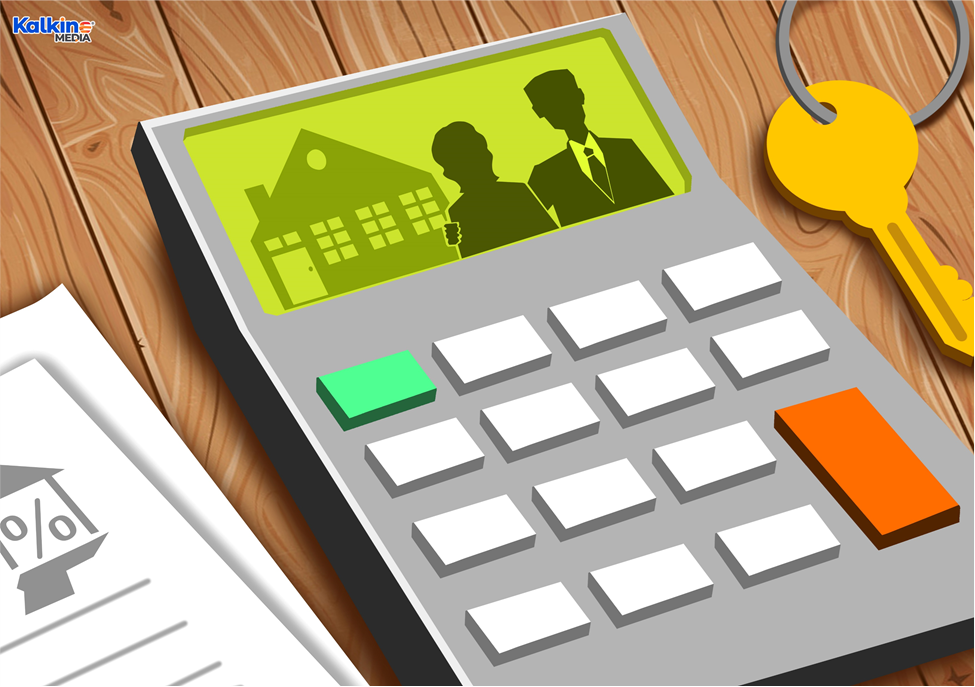Highlights
- Most global economies have recovered from the economic slump faced during the pandemic, only to meet with disrupted supply chains.
- Rising prices of goods and services have fuelled recessionary fears among experts.
- The RBA’s interest rate hike speculations have helped ease some of the demand-side pressure on the Australian housing market.
The average Aussie mortgage holder is facing immense pressure as the pandemic-induced economic adversities show no signs of a reversal. Most global economies have emerged out of the economic slump encountered during the pandemic. However, bigger problems have arisen in the post-pandemic phase, including a large-scale disruption in the global supply chain.
Most nations are struggling to efficiently manage the flow of supplies into their economy as the Russia-Ukraine war lingers in the backdrop. The global economy has seen fiscal stimulus being injected and then removed abruptly as inflationary pressures took off. These drastic injections of economic stimulus have left most global economies charged up in a highly inflationary environment.
Experts have quickly slashed their economic growth forecasts for the coming years as most countries struggle to bring back pre-pandemic growth rates. While demand has sprung back, the capacity to supply these goods to keep the economy afloat has not yet been built.
Meanwhile, central banks across the globe are still in the process of increasing their interest rates to remove the additional stimulus provided during the pandemic. Australia’s economic growth has not been affected as severely as many other nations. However, as rapid interest rate hikes become regular, the Aussie consumer might be facing limited choices while managing his budget.
ALSO READ: Aussie petrol prices set for record highs: Factors fuelling rise
Housing boom finally deflating
Australia’s housing sector has been booming at a rapid pace, emboldened by the strong uptick in housing demand. However, the fast-growing pace of the sector has been met with fears of higher interest rates, ultimately causing housing prices to fall. But the market still remains largely unaffordable, with many first-time buyers being locked out of the market.
Housing markets in the capital cities of Sydney and Melbourne had seen a decline in housing prices months before the interest rate decision was taken by the Reserve Bank of Australia (RBA). The RBA raised the cash rate to 0.35% in its May monetary policy meeting. Higher interest rates mean a higher cost of borrowing, which has emerged as a huge burden on mortgage holders.

Image Source: © 2022 Kalkine Media®
Previously, low borrowing costs led to a housing demand surge, which ultimately widened the demand-supply gap in the country. Australia’s housing supply has been under immense stress as a lower number of houses are available for sale. This has inadvertently built a housing market that has become increasingly unaffordable for an average Aussie. In fact, the Australian property boom is so pronounced that the country has one of the most expensive housing markets in the world.
ALSO READ: What's in store for Australian house prices under new government?
Is a housing market crash on the way?
As recessionary fears shape up in the US, many economies are also facing the heat created by global supply-side challenges. Australia’s impeccable resilience to foreign shocks has kept its economic trajectory buoyant. However, the housing market has been a constant source of vulnerability for most Australians.
Fed expresses urgency for raising interest rates in inflation fight
The RBA went against the tide and delayed its interest rate hike decision. However, this also meant that the highly inflationary scenario in the housing market persisted for a long. The RBA’s delayed interest rate hike fuelled further inflationary concerns until market pundits started speculating about a rate hike. However, some experts believe that economists rely too heavily on monetary policy and depend on it to cure economic adversities.
Experts also fear that the cash rate could run past the pre-pandemic level if current expectations are upheld. Sharper rises in the interest rate could force mortgage holders to reduce their expenditure on other items. Consequently, a recession may take over, and many Australians might be worse off. Instead, a gradualist approach with less aggressive tightening could allow the economy to adjust to the critical circumstances building up.
DO NOT MISS: Focus on renewables, EVs: Inside Albanese govt climate plans






